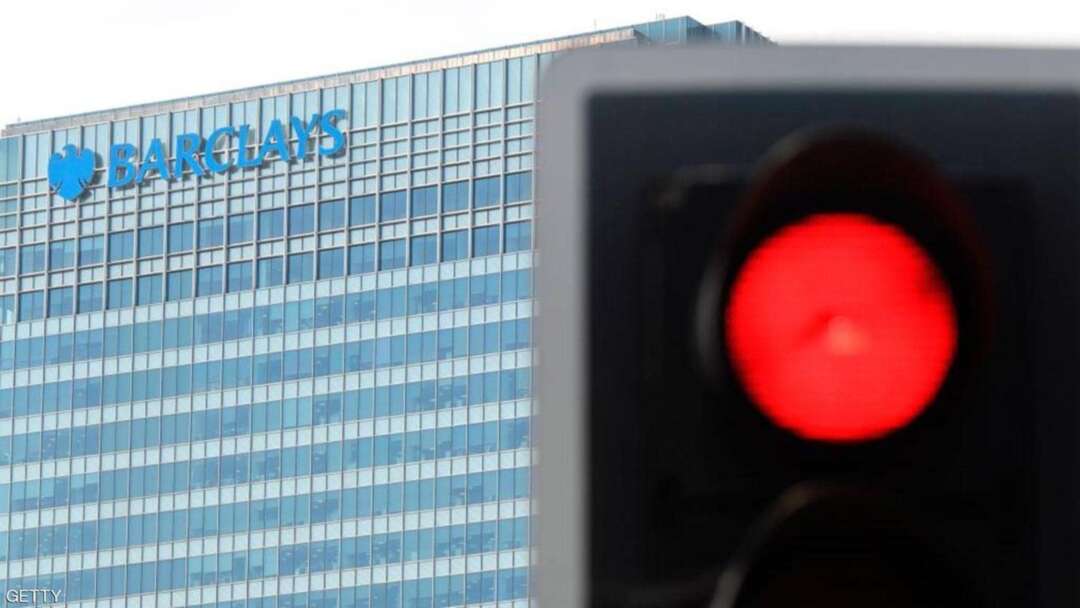-
Qatar’s suspicious case, Barclay’s officials continue the trial

Despite efforts by Doha to deny any connection to the UK Barclays scandal, the highly publicized trial continues as three bank executives will appear before a jury in London on Monday.
Officials face charges of circumvention in the so-called Qatari money issue, about how the bank obtained billions of pounds from Qatari investors during the 2008 financial crisis.
The accusations against three of the bank's leaders, including the former head of corporate finance Richard Booth, are all about fraud and arranging illicit deals financed by bribes paid by Doha.
The amounts in the case are fictitious, exceeding £ 11bn. The bank managers received the amounts secretly from Qatar, enabling Barclays to avoid direct government assistance during the global credit crisis.
The price of massive bribes has been phased in by Doha through contracts and deals with Qatar Holding as the primary beneficiary.
The details of the case also mention additional millions over £ 320 million. The Fraud Office said that Qatari investors, led by then Prime Minister Hamad bin Jassim, had obtained them in side deals, paid through secret channels in return for ensuring Qatar’s investment in two requests for payment of capital.
Qatari pressure
Sources in the British Fraud Office in the Barclays trial revealed in February evidence that Qatar and its former prime minister, Hamad bin Jassim, were involved in the Barclays scandal and attempted to conceal this role, the Guardian reported.
Numerous e-mails were read to the jury of the South Ark Court, and various recordings of telephone calls revealing "Qatari involvement" were heard.
These letters and phone calls, which were presented by prosecutors, showed the extent to which Qatari officials put pressure on senior bank officials to conceal Hamad bin Jassim stake in Barclays, as Qatar was on the verge of introducing a bailout package that helped the bank avoid a government bailout package.
These messages and contacts reveal conversations and discussions on how the bank disclosed the "planned" stake in the bank through the Qatari investment vehicle "Challenger".
The court heard that Hamad bin Jassim was first involved in financing talks with Barclays through his role as president of Qatar Holding in 2008, but in a recording of a phone call played in front of the jury, Richard Booth told the bank's chief executives: Bin Jassim would prefer his family to have some stakes in Barclays' too.
In one of the e-mails read in court, Booth wrote to colleagues, including attorney Judith Shepherd, detailing a meeting with Qatari Chief Legal Officer Ahmed al-Sayyed that he had been told that "his excellency does not want to be prominent" and that he prefers to remain disguised. "His investment instrument should be the fifth investor and sign its IPO."
Booth told him that the identity of the investment vehicle must be revealed. Ahmed El Sayed said Barclays must "find a creative way to do this in order to keep Hamad bin Jassim out of sight."
In another e-mail read to the court, Booth said Ahmed al-Sayyed was pleased with how the investment was disclosed, as long as there was no evidence of who owned the investment vehicle.
You May Also Like
Popular Posts
Caricature
BENEFIT Sponsors BuildHer...
- April 23, 2025
BENEFIT, the Kingdom’s innovator and leading company in Fintech and electronic financial transactions service, has sponsored the BuildHer CityHack 2025 Hackathon, a two-day event spearheaded by the College of Engineering and Technology at the Royal University for Women (RUW).
Aimed at secondary school students, the event brought together a distinguished group of academic professionals and technology experts to mentor and inspire young participants.
More than 100 high school students from across the Kingdom of Bahrain took part in the hackathon, which featured an intensive programme of training workshops and hands-on sessions. These activities were tailored to enhance participants’ critical thinking, collaborative problem-solving, and team-building capabilities, while also encouraging the development of practical and sustainable solutions to contemporary challenges using modern technological tools.
BENEFIT’s Chief Executive Mr. Abdulwahed AlJanahi, commented: “Our support for this educational hackathon reflects our long-term strategic vision to nurture the talents of emerging national youth and empower the next generation of accomplished female leaders in technology. By fostering creativity and innovation, we aim to contribute meaningfully to Bahrain’s comprehensive development goals and align with the aspirations outlined in the Kingdom’s Vision 2030—an ambition in which BENEFIT plays a central role.”
Professor Riyadh Yousif Hamzah, President of the Royal University for Women, commented: “This initiative reflects our commitment to advancing women in STEM fields. We're cultivating a generation of creative, solution-driven female leaders who will drive national development. Our partnership with BENEFIT exemplifies the powerful synergy between academia and private sector in supporting educational innovation.”
Hanan Abdulla Hasan, Senior Manager, PR & Communication at BENEFIT, said: “We are honoured to collaborate with RUW in supporting this remarkable technology-focused event. It highlights our commitment to social responsibility, and our ongoing efforts to enhance the digital and innovation capabilities of young Bahraini women and foster their ability to harness technological tools in the service of a smarter, more sustainable future.”
For his part, Dr. Humam ElAgha, Acting Dean of the College of Engineering and Technology at the University, said: “BuildHer CityHack 2025 embodies our hands-on approach to education. By tackling real-world problems through creative thinking and sustainable solutions, we're preparing women to thrive in the knowledge economy – a cornerstone of the University's vision.”
opinion
Report
ads
Newsletter
Subscribe to our mailing list to get the new updates!






















